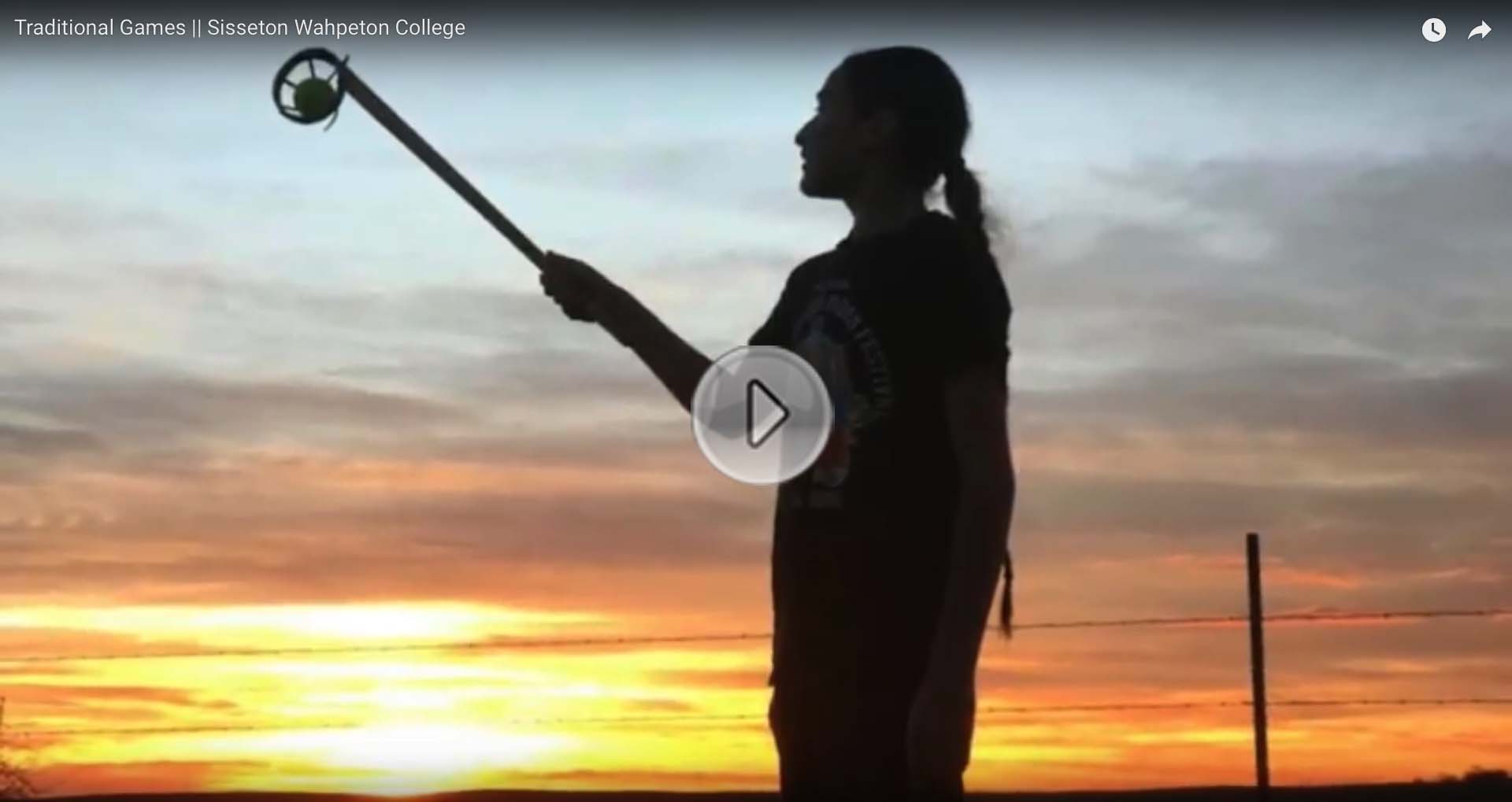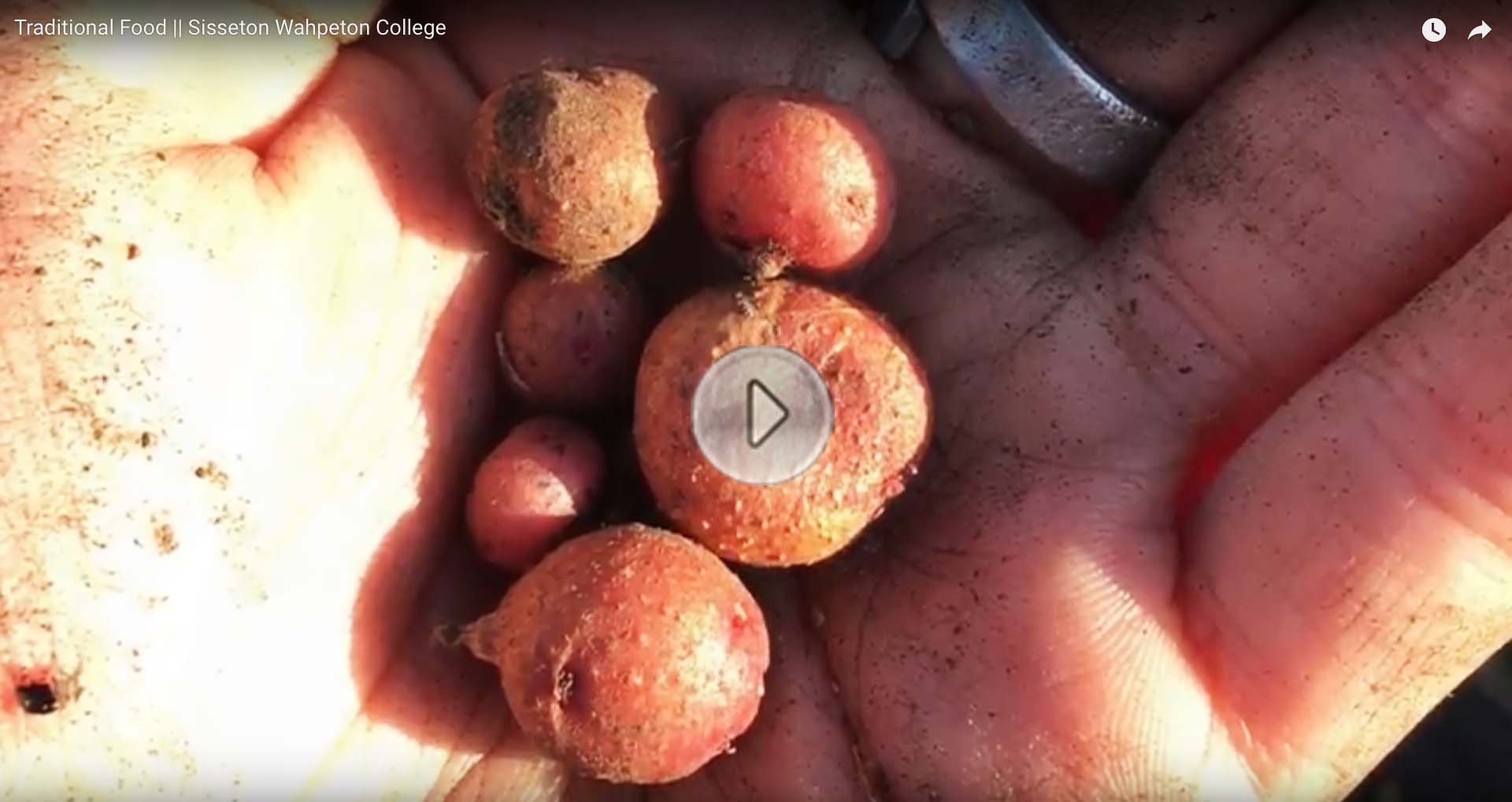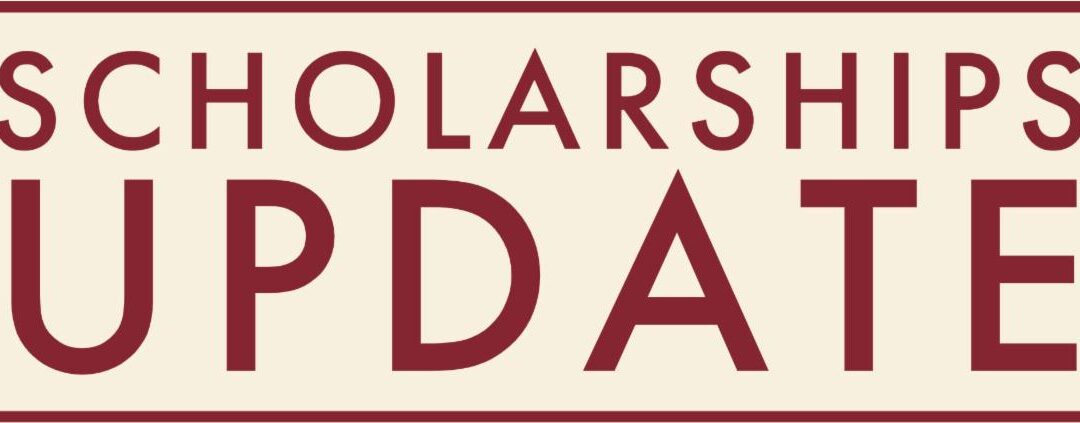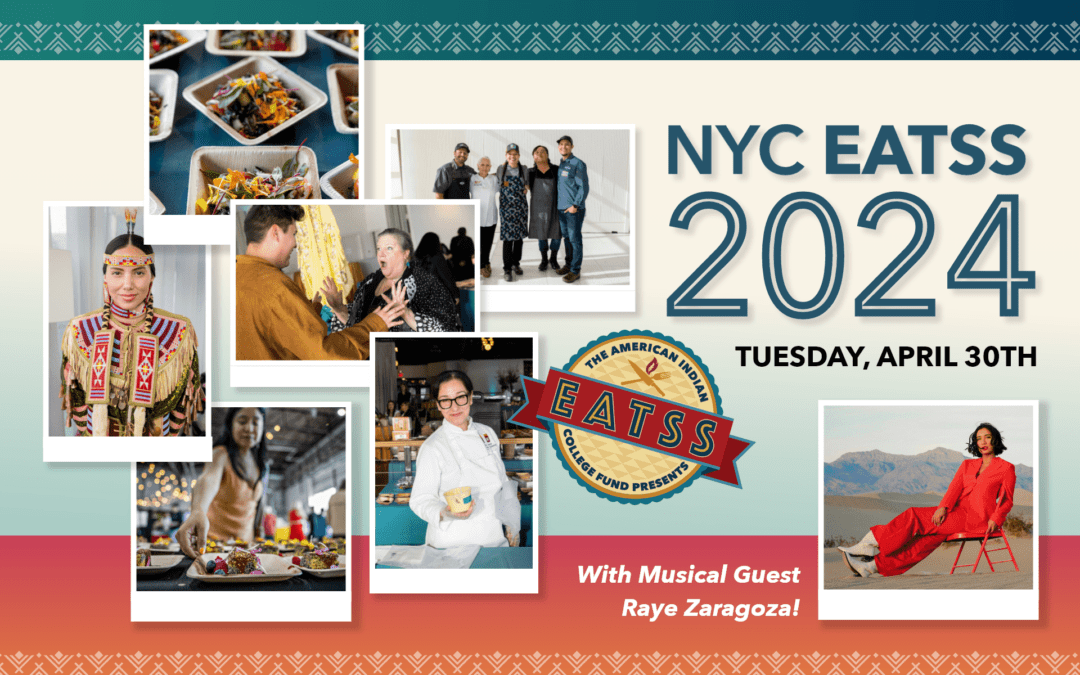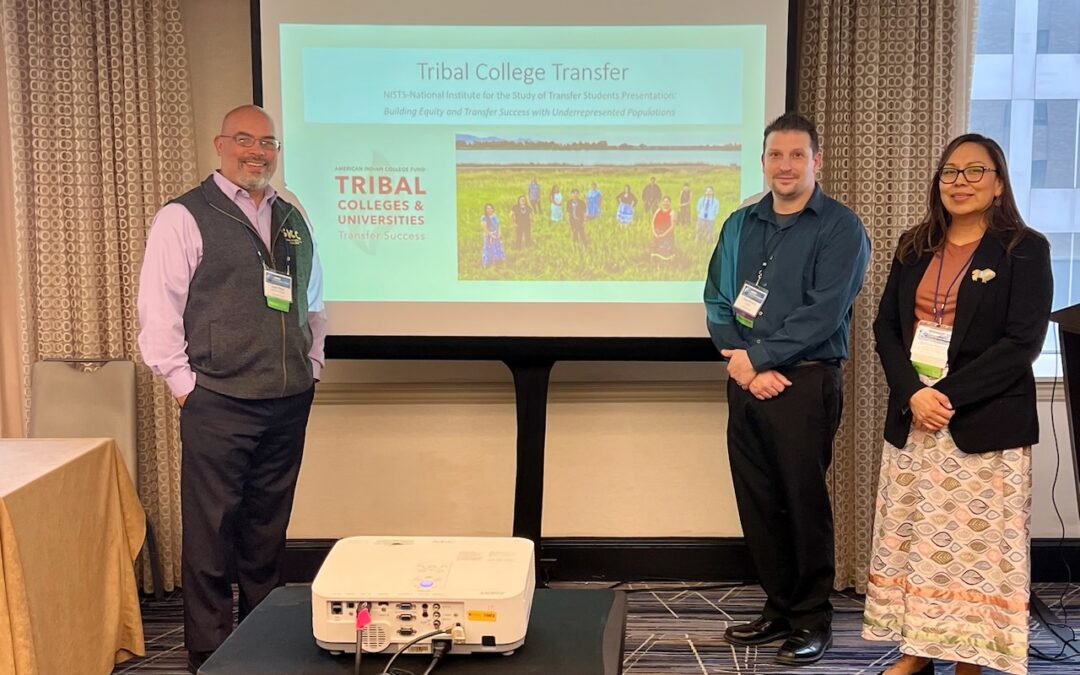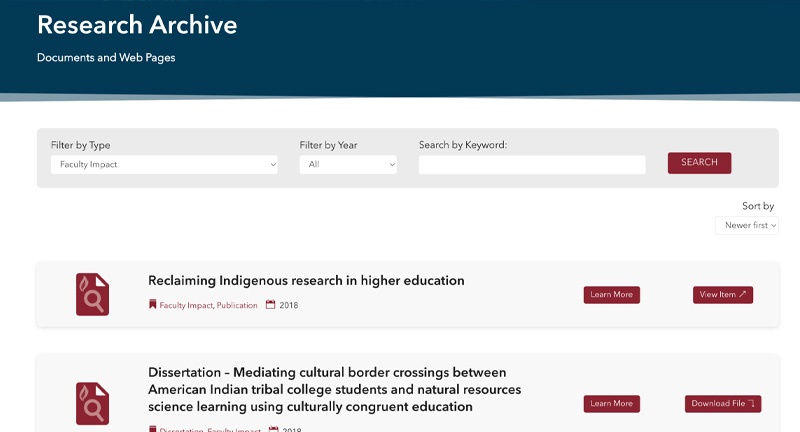Guest blog post by Erin Griffin, Sisseton Wahpeton College Director of Dakota Studies and Ford C3 Project Lead
Envisioning a sustainable community can be a difficult and complex task. Students at Sisseton Wahpeton College (SWC) are learning about how to handle it with ease, however, including defining, envisioning, and building sustainability for future generations. During the fall of 2017, a cohort of seven students and faculty from the Dakota Studies Department and four community mentors participated in the American Indian College Fund’s Ford Motor Company—College Community Challenge (Ford C3) for Tribal Colleges and Universities grant. The students approached the challenge of building a sustainable community with a focus on vitalization of the Dakota language and healthy lifestyles within the Sisseton Wahpeton Oyate.
It was difficult to begin to define “sustainable community,” but with some guidance and questioning, the cohort of seven students were able to identify what they wanted for our community and our future generations. They talked about identity and reclaiming it, decolonization, industriousness, strength, and healing. Buy-in was identified as a factor we needed to consider for success, its accomplishment attainable through strategic planning. The cohort approached these ideas with a focus on their existing passions for Dakota language, traditional foods and medicines, and traditional games.
Over three months, the SWC students researched traditional foods, medicines, and games and the Dakota language associated with them, with guidance from their faculty and community mentors. They also received training on food sovereignty, cooking, Dakota games, and filmmaking to help them gather and piece together what they had learned in a way that would promote sustainability. Through this opportunity, students were able to conduct their own research, develop film production skills, time management, and leadership skills.
SWC’s student-led project sustainable community project concluded with the completion of two documentary-style videos on traditional Dakota games and foods. The videos include foundation information on the topics supplemented by oral accounts from elders, historic photographs, video footage, and Dakota language. Success was measured through the opportunities experienced by the students and more broadly through the ability to make cultural knowledge and Dakota language more accessible to the broader public. We hope to continue to foster change within the community that encourages support of and involvement in the vitalization of cultural knowledge and language for future generations. Dakota iapi kin wounhdakapi kte!

